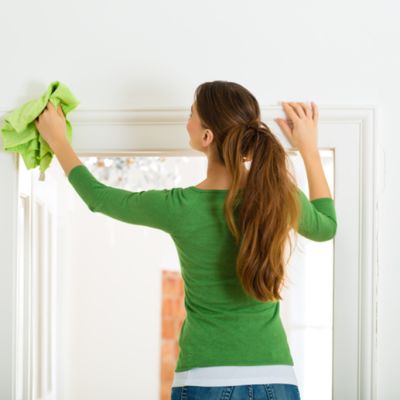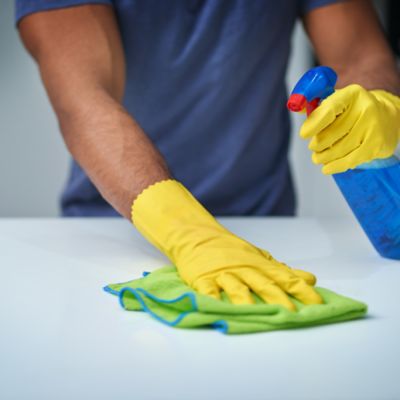10 common cleaning mistakes you're probably making and how to avoid them
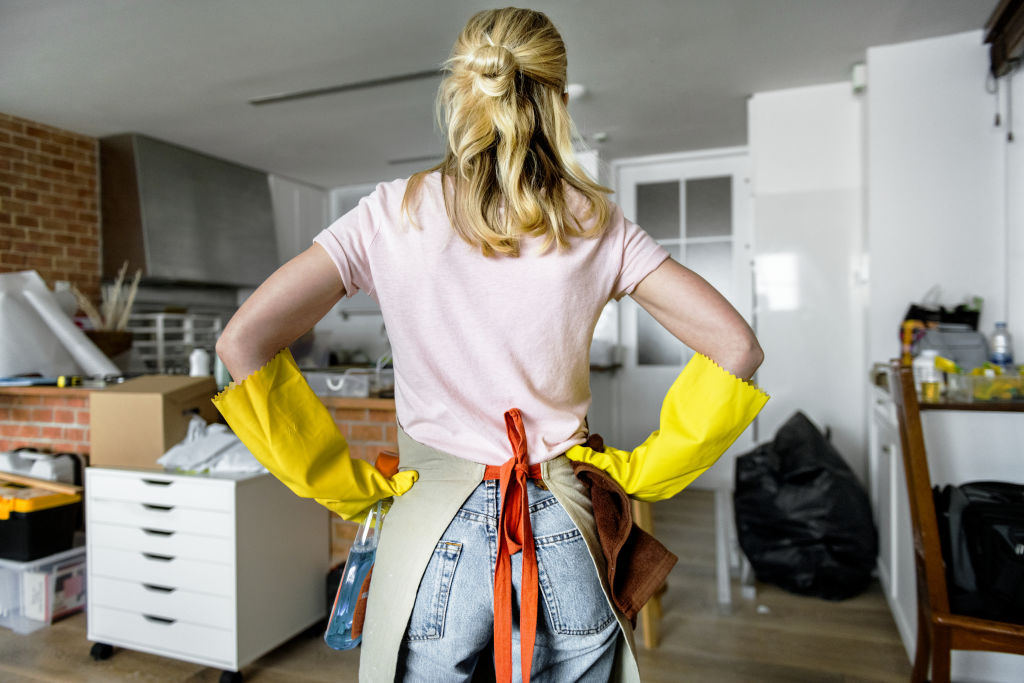
Cleaning the house is a time when you want to work smarter, not harder.
There are certain habits that might be doubling the amount of time (and grime) you spend tidying up.
Here are 10 common cleaning faux pas to avoid.
1. Starting with the floors
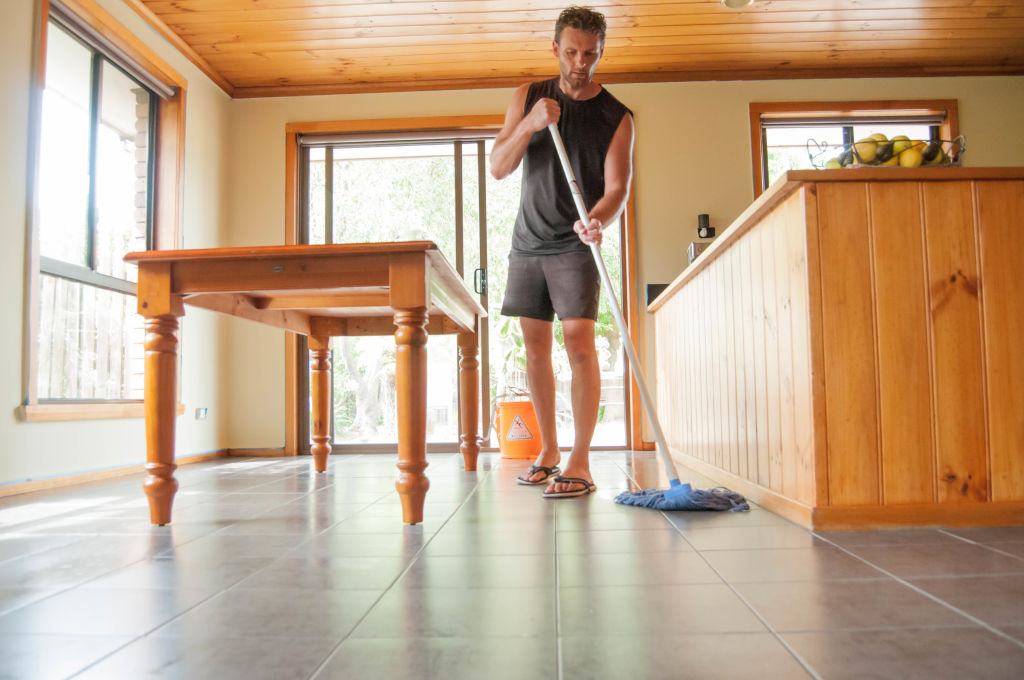
Some people like to start out with the biggest and most noticeable piece of housework: the floors. Do the floors and, even if you don’t get to the rest, the whole house will be looking a lot fresher.
But where does all the dust and dirt from counters, tables, blinds and furniture eventually go? That’s right.
Mopping or vacuuming first up is only going to double the work. A better strategy is to start at the top of a room and work your way down. For a full spring clean, start by removing the dust from the ceiling and windows.
Then clean off any clutter, dust the furniture, wipe down the walls, light switches and doors.
2. Scrubbing stains out of carpet or rugs
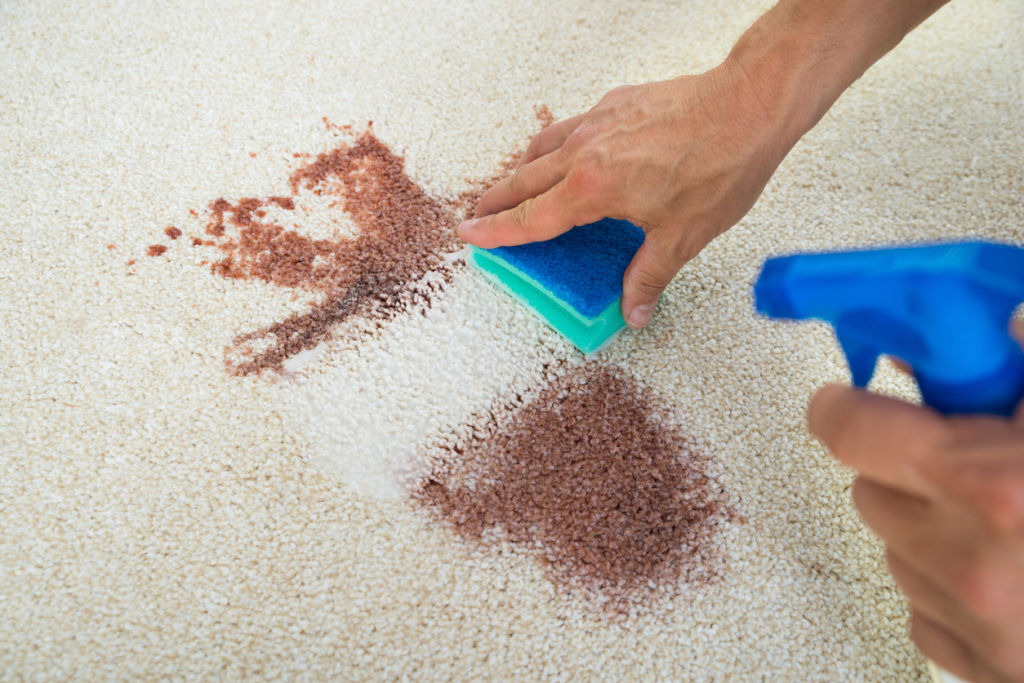
An accidental carpet spill triggers the same reaction in most people, a string of curse words followed by a mad sprint to the nearest tea towel or roll of paper towels.
The need to act quickly is likely to translate into how vigorously you scrub the stain, when you shouldn’t be scrubbing at all. A scrubbing motion can cause the spot to spread or work it more deeply into the carpet fibres, and even damage them.
Blot the mark with a cloth instead. Be patient and gentle.
The Carpet and Rug Institution advise this simple recipe for coffee, tea, or fizzy drink stains: ¼ teaspoon of dishwashing liquid with one cup of lukewarm water.
Although it might be tempting to add more soap, don’t. The less stain remover on the carpet, the less you have to rinse off it (with more blotting) afterwards.
3. Cleaning windows on a sunny day
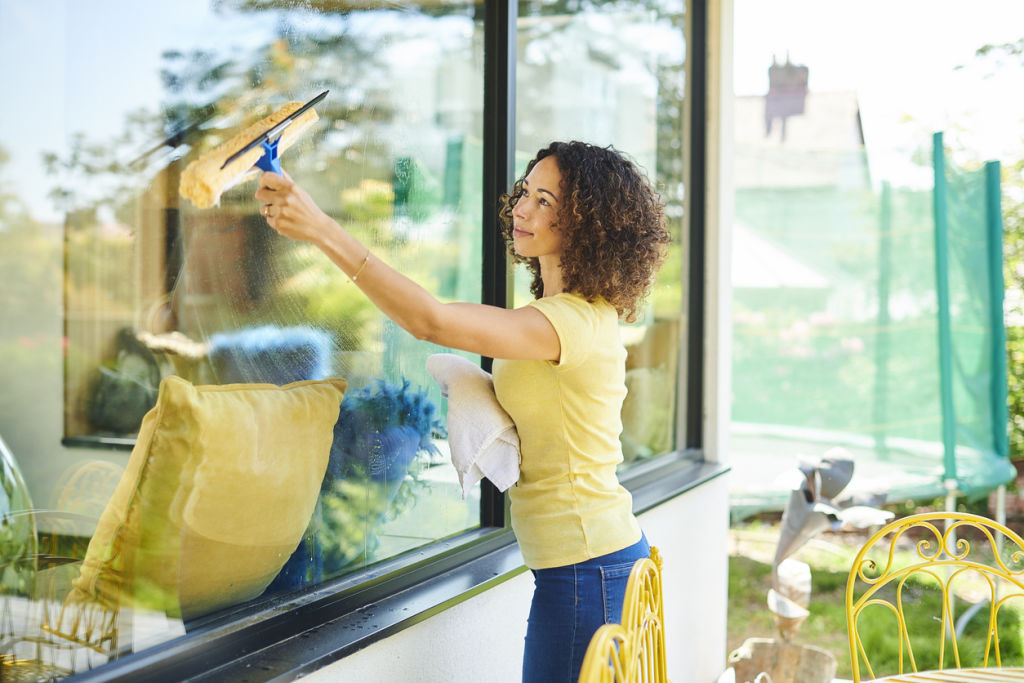
A bright day might inspire you to take a cloth to all the dirt and dust on the windows that you can see clearly now the rain has gone.
Sunlight might be helpful when it comes to illuminating dirt, but it won’t help you get the windows clean.
Heat is going to dry out cleaning products more quickly, which is likely to leave more streaks.
4. Spraying cleaners directly onto surfaces
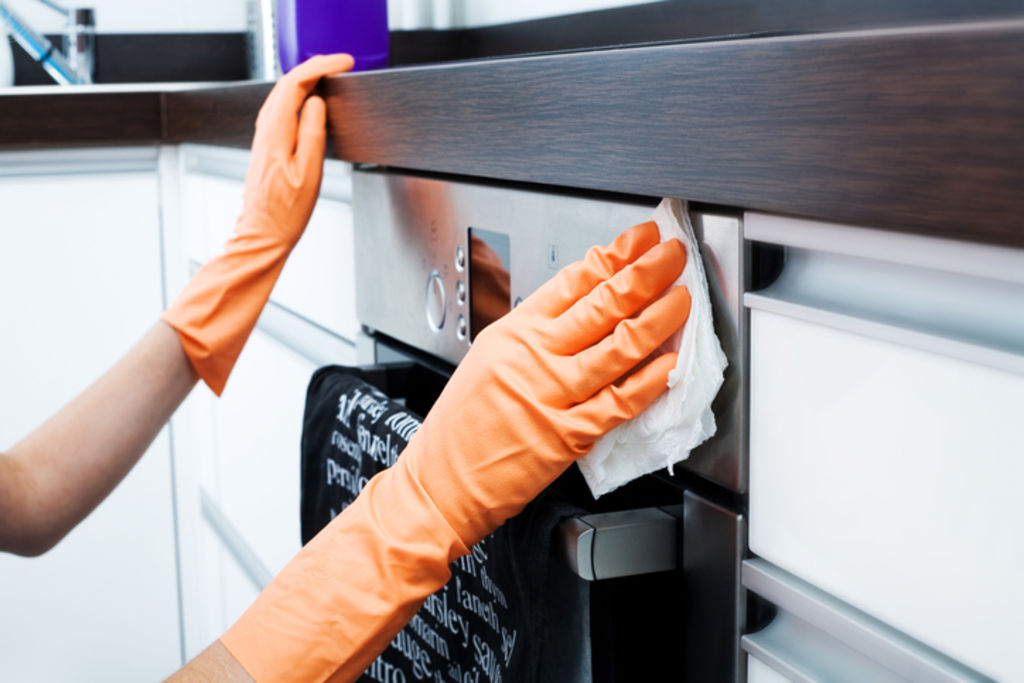
It’s easy to be over zealous with a cleaning spray when you’re spritzing it with free abandon onto a pile of dust. More cleaning product means it’ll be cleaner, right?
Well … that’s also how you inhale a face full of chemical fumes.
Spraying cleaners straight onto a piece of furniture or countertops or glass can also cause a build-up of the solution that makes them greasy or streaky.
Slow your roll and spray the cleaning solution onto a microfibre cloth or disposable paper towel. Then wipe away.
5. Wiping in circles
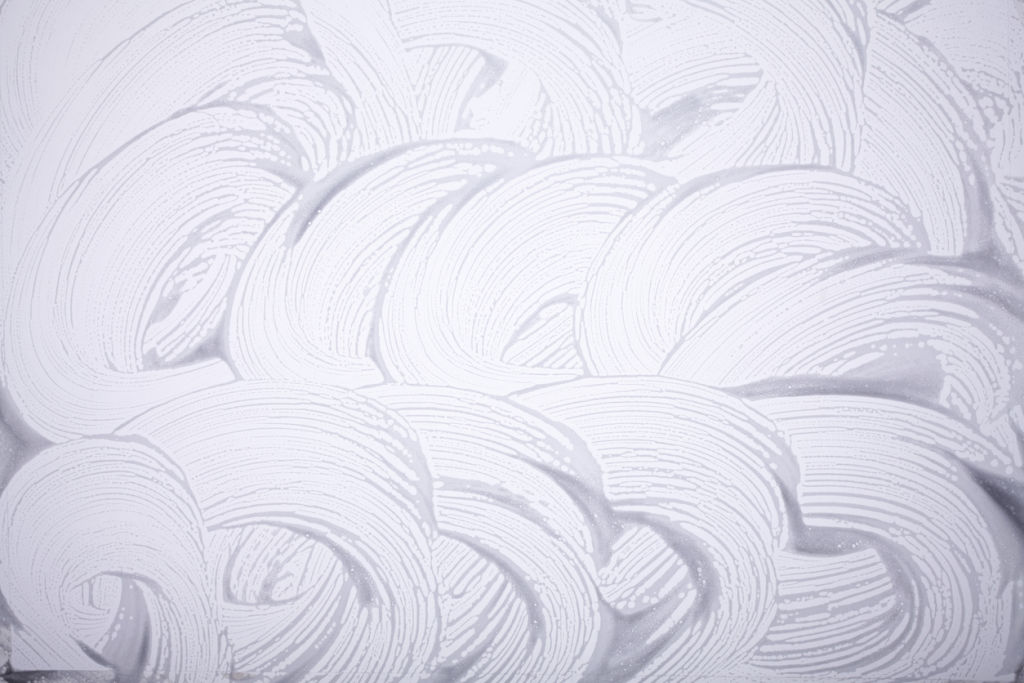
The best way to tackle stainless steel or windows for a streak-free result is vertical wiping.
In Karate Kid terms, paint the fence is more helpful than wax on, wax off.
Stainless steel can be especially finicky at the best of times and if you wipe it in a circular motion, you’re more likely to see that pattern once the cleaning solution dries.
Identify which direction the grain in the steel is going and follow that while you clean.
For windows, wipe in a horizontal motion first and then clear any excess by wiping in vertical lines.
6. Using vinegar on all surfaces
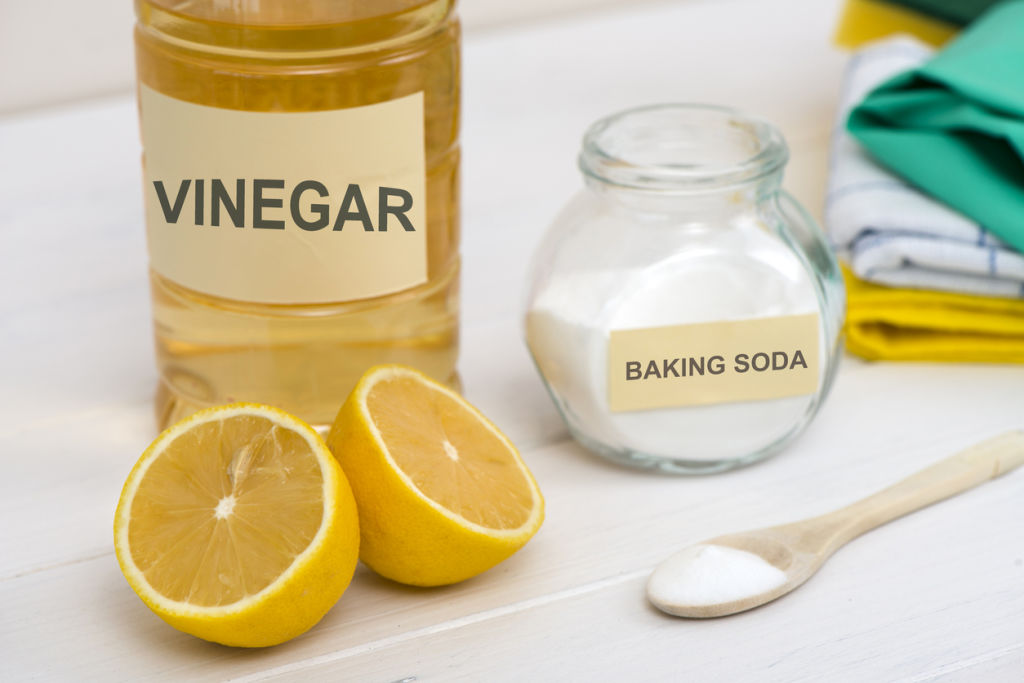
Vinegar and lemon make a primo home cleaning combination. The affordable, harsh-chemical-free and eco-friendly solution works a treat on walls, floors, laundry, utensils and furniture.
Vinegar is a great cleaning agent for surfaces because it’s acidic. But if you’ve got stone countertops, it’s not your friend. The acid can actually wear down the protective coating on stone and add etching, scratches and other marks.
7. Using bleach on all tough stains
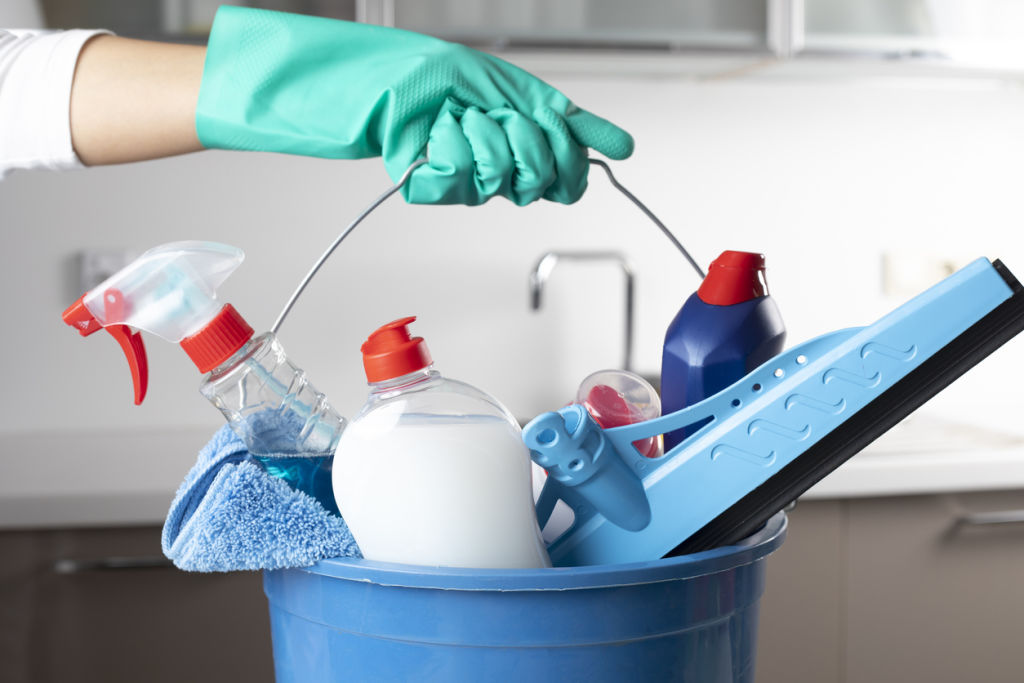
Bleach is another wonder kid in the world of tough cleaning. It brightens white fabrics, clears off mould and mildew and disinfects all sorts of germs.
But there’s one type of stain is better left to natural remedies like lemon and white vinegar: rust.
If you try to use bleach on a rust stain, it will make it significantly worse. That’s because sodium hypochlorite, the main ingredient in bleach, is an oxidising agent. The process of oxidising will lift a coffee stain out of your white work shirt in a pinch, but it’s also what causes rust to occur in the first place.
Adding bleach to a rust stain is like pouring oil into a hot pan.
8. Chucking everything in the dishwasher
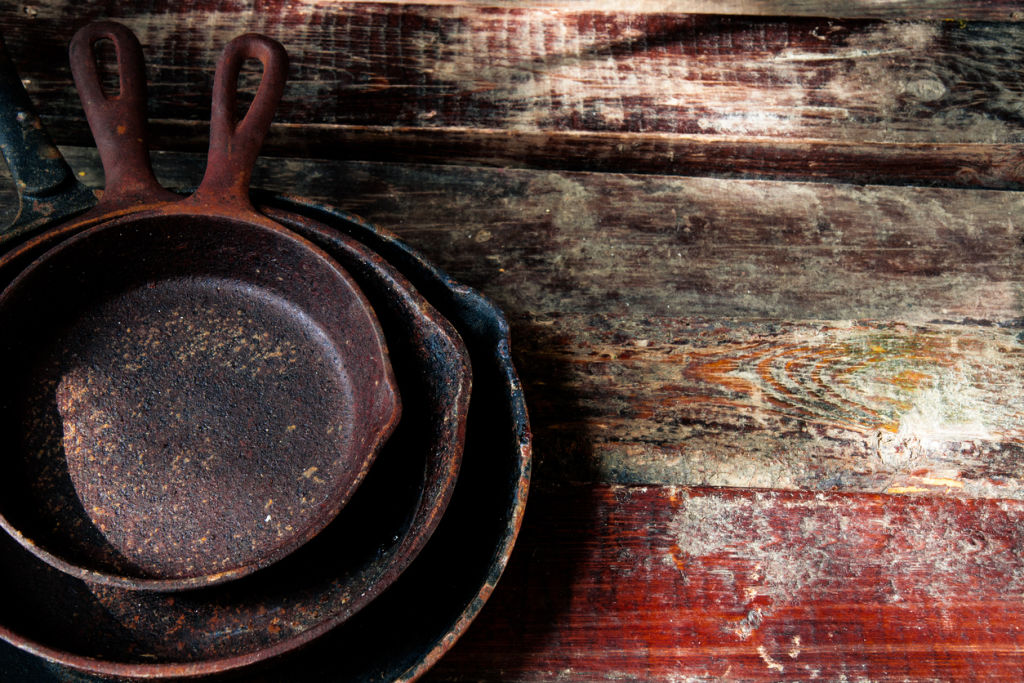
And speaking of pans …
We know it’s tempting to load everything into the dishwasher, but some things need a gentler touch.
The non-stick coating on your good frypans will last a lot longer if they get cleaned by hand, and kitchen knives will stay in better nick too.
9. Waiting until the vacuum cleaner bag is full to change it
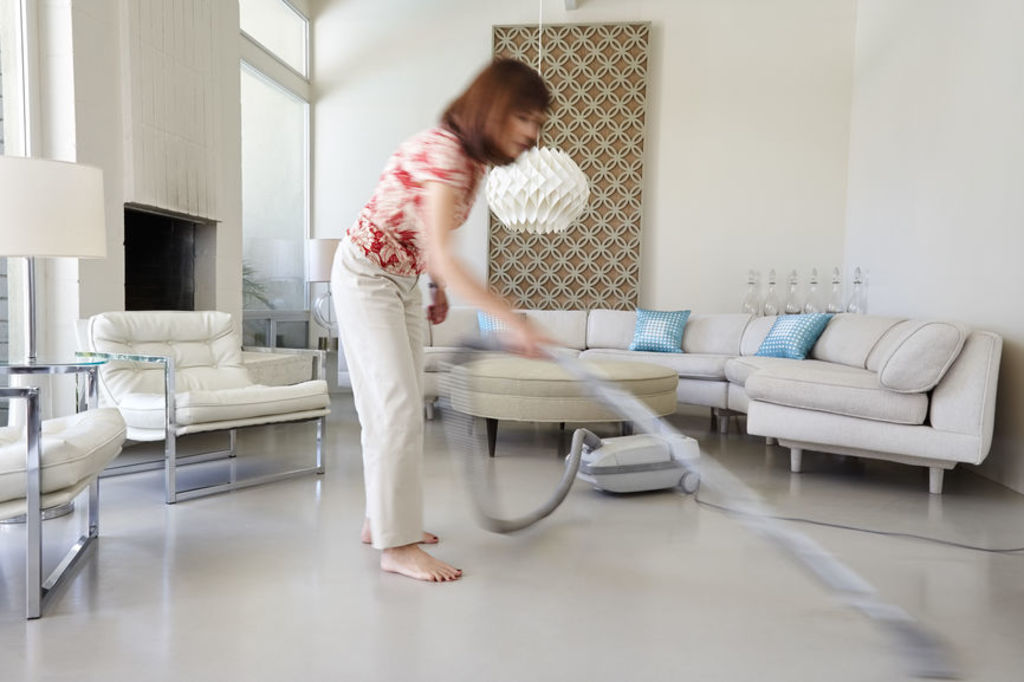
If vacuuming feels like it’s taking longer than usual, think about when you last changed the filter.
In addition to not picking up as much dirt and dust from the ground as it should, a full vacuum will actually blow dirt back into the air and carpet via its vent.
Change out vacuum bags regularly and as soon as you notice any decline in the vacuum’s performance, wipe out the vent with a damp microfibre cloth.
10. Washing cutting boards with dish soap
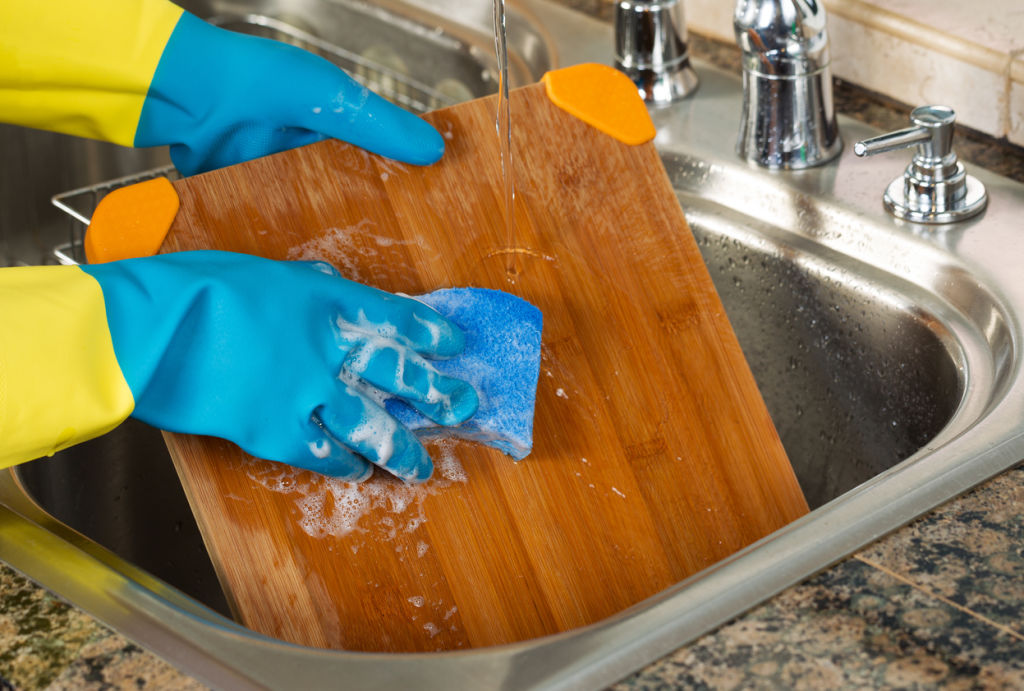
The grooves in the wooden cutting boards trap microscopic food particles.
Even if you’ve been religious about vigorously using soap and hot water on your cutting board between slicing up meat and veggies, there’s probably still harmful bacterial lingering on the surface. That will transfer to your next meal.
Don’t put your board in the dishwasher. Just soak it in a bleach and water solution, rinse with water and let dry.
This story originally appeared on stuff.co.nz
We recommend
We thought you might like
States
Capital Cities
Capital Cities - Rentals
Popular Areas
Allhomes
More
